LatAm experts eye China growth
Updated: 2016-03-14 04:29
By MAO PENGFEI in Mexico City(China Daily Latin America)
|
||||||||
China has taken the steps necessary to ensure its economy will continue to grow at a rate of at least 6.5 percent over the next four years, according to political observer Ignacio Martinez Cortes.
A member of the Faculty of Political and Social Sciences at Mexico's National Autonomous University, Martinez believes the world’s No 2 economy is going to sustain that pace despite the global slowdown, thanks to expanded “national production driven by domestic demand”.
Martinez spoke with China Daily on the occasion of China’s “two sessions” — the 4th session of the 12th National Committee of Chinese People’s Political Consultative Conference and the 4th session of the 12th National People’s Congress (NPC), the nation’s top legislative body — which began on March 3 and 5, respectively in Beijing.
The sessions brought together policymakers and advisors to discuss economic, political and social developments.
Addressing the NPC on March 5, Premier Li Keqiang said the economic growth target for 2016 was to see gross domestic product (GDP) expand between 6.5 percent and 7 percent, with inflation holding steady at about 3 percent.
China has laid the groundwork for its sustainable development plans, said Martinez, who predicts the Asian giant will grow at a rate of over 6 percent.
“It is preferable for China to grow at 6.5 percent a year than 10 percent, as this leads to more balanced growth, gives more room for consumption, and allows services to grow,” said Osvaldo Rosales, former director of international trade at the Economic Commission for Latin America and the Caribbean.
“If the country’s economic transition works, the benefits that the Chinese economy brings to the world will be highly positive,” he added. “However, there is no need to insist on 10 percent growth, which accentuates economic, social and environmental inequalities. This would be very bad news for China and the global economy.
“This is why a 6 percent growth and a gradual reduction of these inequalities is the best idea for a still recovering global economy. However, this is not guaranteed in China, which needs to emphasize its reforms. The next five years will be crucial to judge the effectiveness of China’s current batch of reforms,” explained Rosales.
Rosales admitted that, in the eyes of external stakeholders, China’s deceleration could be a cause for concern. However, one has to take into account the series of complex steps China is undertaking.
“China has re-directed its investments to help stimulate consumption. It is favoring smart manufacturing instead of traditional manufacturing, services over manufacturing, private companies over public companies, and market prices over fixed prices,” said the expert.
“One important factor is that it no longer heavily depends on foreign direct invest (FDI), which has fueled its economy for many years,” he said, adding that investment will also play less important role in the future, and its support pillar will be national production driven by domestic demand.
Those economic adjustments have been essential, given that “global growth in 2016 will be 1.8 percent and the flow of FDI to emerging countries will decrease,” said Martinez.
Emerging nations in Latin America that failed to prepare for the global economic downturn, and accompanying drop in the price and demand for commodities, are now suffering, he said.
“China took precautions several years ago, which Brazil and Venezuela did not,” so that in the coming years, domestic production and consumption will drive national wealth, he said.
Martinez noted Li on March 5 highlighted China’s achievements in meeting the goals set by its prior Five Year Plan (2011-2015), including targets in the field of scientific and technological innovation.
“Government spending will now be earmarked for science and research, which I think will spark the new growth that will transform into sustainable development,” said Martinez.
The annual session of the NPC, which concludes on March 16, is expected to approve the national budget for 2016 and discuss the economic development plan contained in the new Five-Year Plan (2016-2020).
Rosales said the country should be cautious about how it meets certain challenges.
“For example, relaxing monetary policy and elevating liquidity through bank loans are not good ideas when contemplating economic reforms. In fact, they could accentuate problems. My fear is that, while carrying out these reforms, Chinese authorities are overly concerned with the internationalization of the RMB and the liberalization of capital accounts,” he explained.
“In my opinion, the emphasis should instead be put on completing domestic reforms, since that is where China is banking on its stability and future growth.”
In terms of China’s goal to build a moderately prosperous society by 2020, Rosales stated that “the key is to build a massive social protection network, which allows low- and middle-income families to allocate more of their income to consumption, while receiving adequate guarantees of healthcare, education and housing.”
- Beijing launches activities in Latin America to promote tourism
- World Bank announces funding to combat Zika outbreak in Latin America
- Peru leads Chinese New Year celebrations in Latin America
- Latin America celebrates Chinese Lunar New Year
- China-Latin America Year of Cultural Exchange to start in March
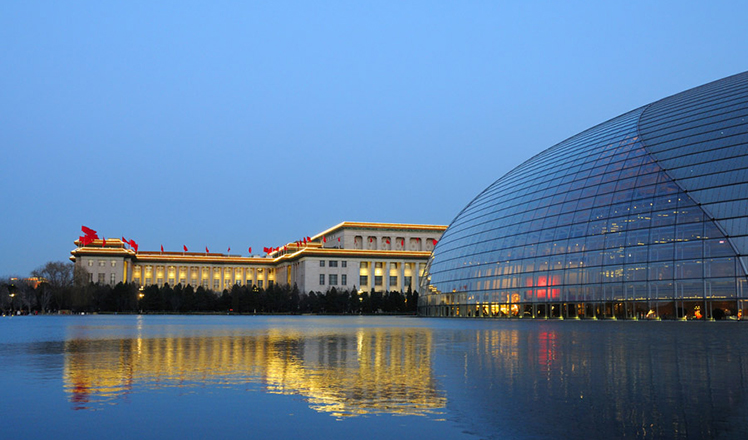
 Beijing sees blue sky during the two sessions
Beijing sees blue sky during the two sessions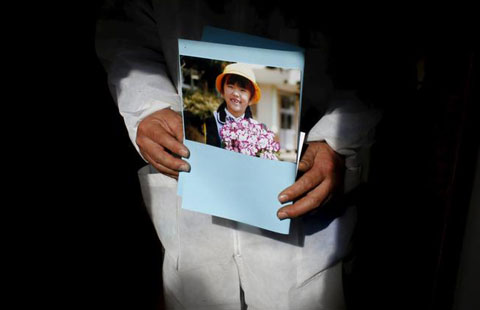
 Fukushima five years on: Searching for loved ones
Fukushima five years on: Searching for loved ones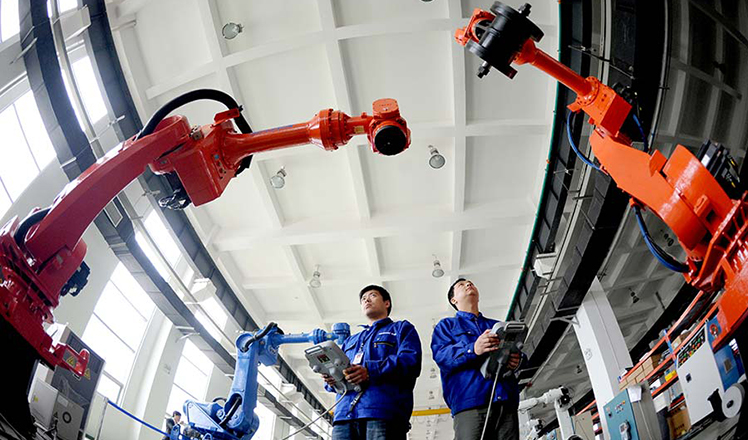
 Robots ready to offer a helping hand
Robots ready to offer a helping hand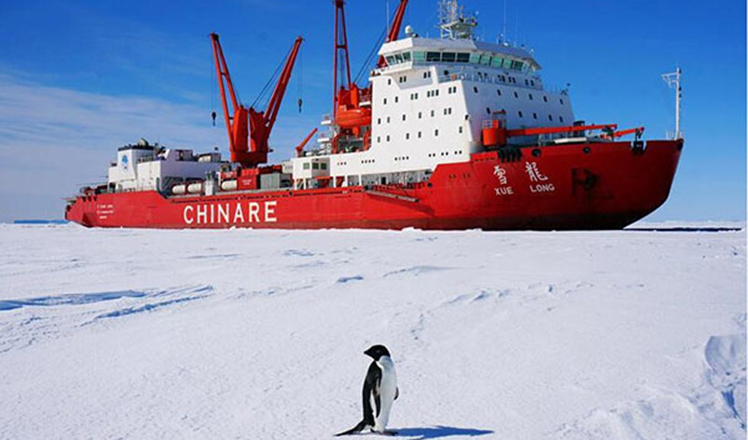
 China to bulid another polar ship after Xuelong
China to bulid another polar ship after Xuelong
 Top 10 economies where women hold senior roles
Top 10 economies where women hold senior roles
 Cavers make rare finds in Guangxi expedition
Cavers make rare finds in Guangxi expedition
 'Design Shanghai 2016' features world's top designs
'Design Shanghai 2016' features world's top designs
 Cutting hair for Longtaitou Festival
Cutting hair for Longtaitou Festival
Most Viewed
Editor's Picks

|

|

|
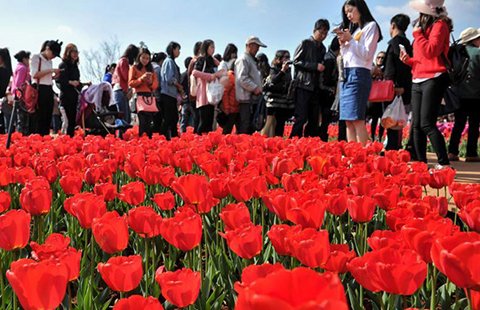
|

|

|
Today's Top News
What ends Jeb Bush's White House hopes
Investigation for Nicolas's campaign
Will US-ASEAN meeting be good for region?
Accentuate the positive in Sino-US relations
Dangerous games on peninsula will have no winner
National Art Museum showing 400 puppets in new exhibition
Finest Chinese porcelains expected to fetch over $28 million
Monkey portraits by Chinese ink painting masters
US Weekly

|

|







